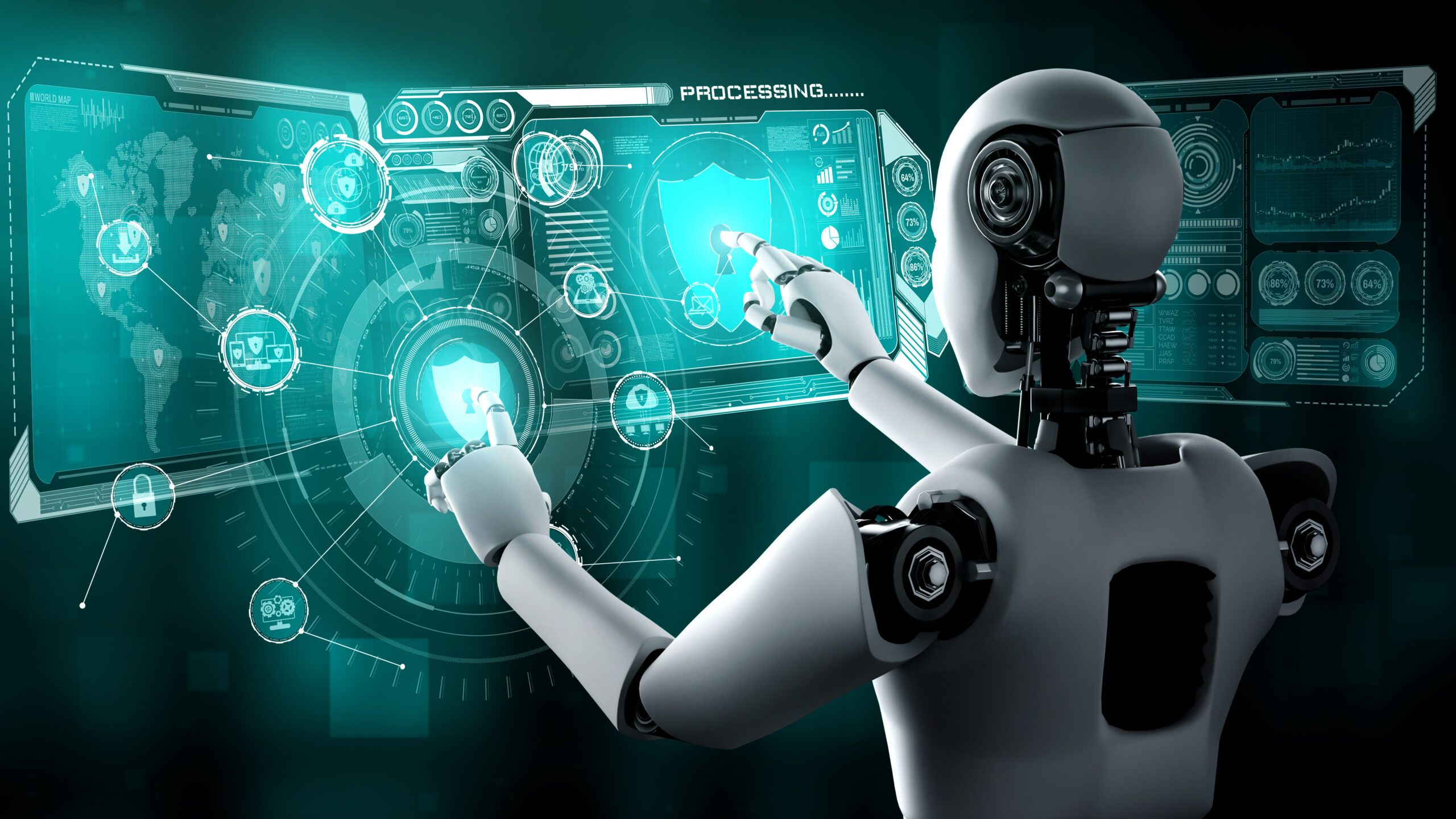The Rise of AI-Anxiety: Coping with Technological Change in 2025
Aug 06, 2025
Artificial Intelligence is everywhere—from our phones to our jobs, our cars to our healthcare systems. It writes emails, recommends songs, automates work, and even diagnoses disease. But along with this exponential growth comes a quieter phenomenon: AI-anxiety.
It’s that uneasy feeling in your gut when you hear phrases like “AI will replace your job” or “deepfakes are reshaping reality.” It's the mental fatigue that comes from constantly trying to keep up with technologies evolving faster than you can process.
You're not imagining it—AI-related anxiety is real, and it's affecting millions of people around the world.
In this post, we’ll unpack what AI-anxiety is, how it shows up in daily life, and how to build emotional resilience in the face of rapid technological change.
What Is AI-Anxiety?
AI-anxiety is a growing form of stress and psychological unease related to the increasing presence and influence of artificial intelligence in everyday life. While some level of concern is healthy and even motivating, chronic fear or hyper-vigilance around AI can negatively impact mental health.
Common concerns behind AI-anxiety:
-
🧑💻 Fear of job loss due to automation
-
🔐 Concerns about data privacy, surveillance, and misuse
-
🧠 Worry about the unknown—how far AI can go, and who’s controlling it
-
🎭 Anxiety over misinformation, deepfakes, and the breakdown of truth
-
📉 Self-doubt: “Can I keep up?” or “Am I becoming obsolete?”
It’s natural to feel unsettled by change—but fear doesn’t have to freeze you.
Case Study: Jenna, 41, High School English Teacher
Challenge: Jenna felt overwhelmed seeing AI-generated essays and worried her profession was being devalued.
What She Did:
-
Started using ChatGPT to co-create rubrics and lesson plans
-
Created a classroom unit on “AI and Human Creativity” that sparked deep student engagement
-
Hosted a staff forum on responsible AI use in education
Result: Her anxiety decreased, her innovation increased, and she became a thought leader in her district.
We are in the early chapters of a tech transformation that will define a generation. Feeling anxious is human—but with the right mindset, tools, and community, you can turn fear into fuel.
You’re not obsolete. You’re evolving.
Practice this - Write down one way AI has helped you (even in a small way), and one way it worries you. Then ask: “What’s one thing I can do this week to explore, understand, or influence that concern?”

